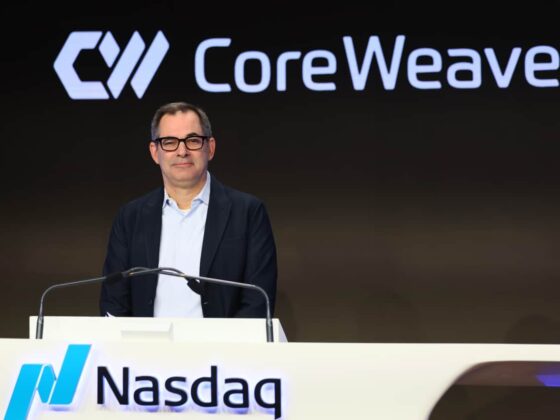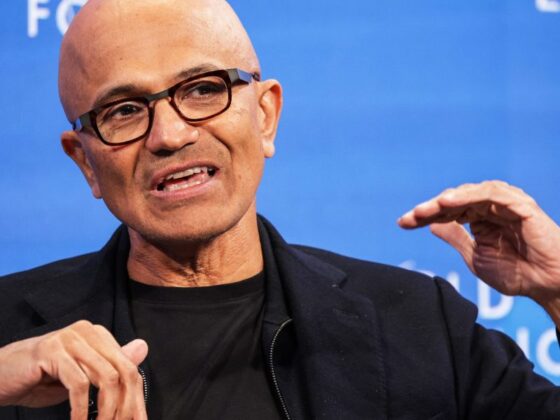On a recent episode of the “Joe Rogan Experience” podcast, host Joe Rogan and Replit CEO Amjad Masad explored the rise of AI, the collapse of routine jobs, and what happens when someone’s entire sense of self is tied to work that may soon vanish.
Rogan voiced concern about what happens when automation hits not just jobs, but people's sense of purpose.
“My problem is there's some people that are doing those jobs right now and it's their entire identity,” Rogan said. “They work for a good company, they make a good living, and that might go away, and they're just not psychologically equipped to completely change their life.”
Don't Miss:
He added that many of these people are “valuable parts of a certain business” and “hardworking,” saying, “They show up every day. Everybody loves them and trusts them. And that's part of who they are as a person.”
Masad, founder and CEO of a cloud-based coding platform agreed, but argued that it’s actually white-collar desk jobs that are more at risk in the short term, not manufacturing roles.
“I actually think that more white-collar jobs are going away,” Masad said, and explained that ten years ago, we thought it would be truck drivers or robots in factories that would happen first. But it turns out, it's much easier to automate formulaic computer tasks.
He pointed to roles like software quality assurance and Excel-heavy jobs that are highly repetitive and easy for AI to mimic. “We have a lot more data on people sitting in front of a computer,” he said.
Trending: BlackRock is calling 2025 the year of alternative assets. One firm from NYC has quietly built a group of 60,000+ investors who have all joined in on an alt asset class previously exclusive to billionaires like Bezos and Gates.
While President Donald Trump often calls for a manufacturing comeback to restore America’s status as a “manufacturing superpower,” most Americans don't want those jobs for themselves. A 2024 Cato Institute survey found that 80% of Americans believe the country would be better off with more factory jobs, but only 25% said they personally would want one. About 73% said no, and only 2% currently work in the sector.













